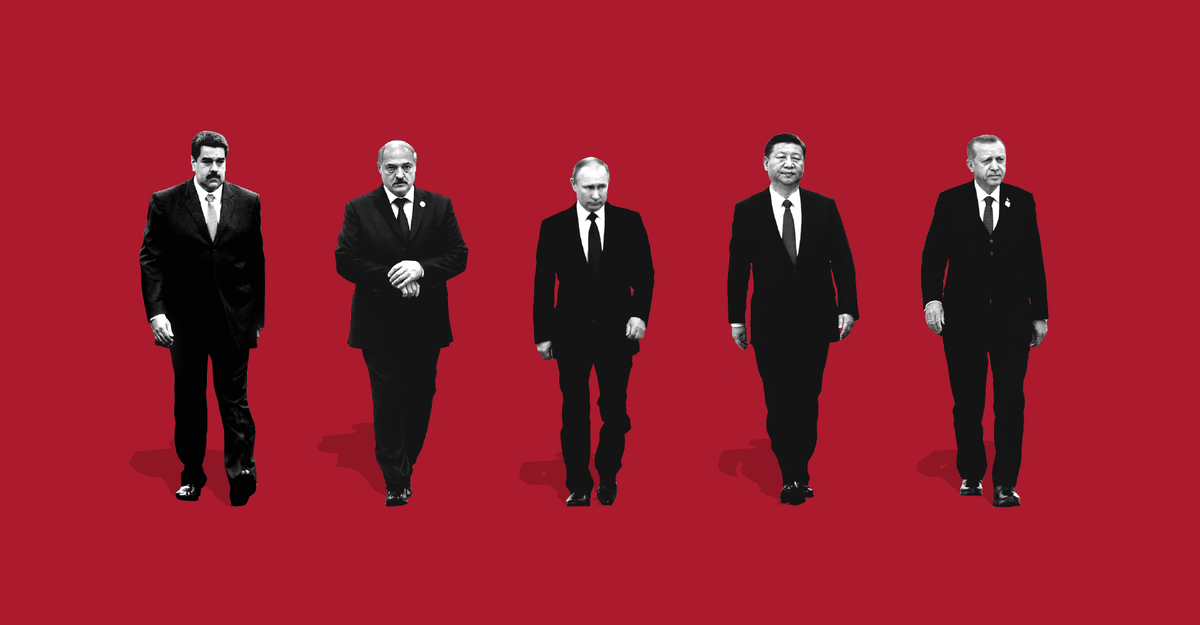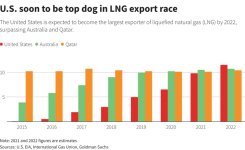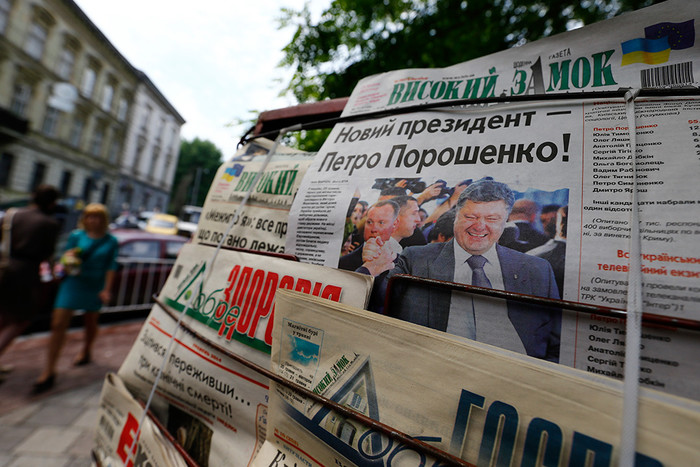It seems to me that we are now in a situation that is a classic example of what political scientists call a
Security Dilemma:
security dilemma, in
political science, a situation in which actions taken by a
state to increase its own security cause reactions from other states, which in turn lead to a decrease rather than an increase in the original state’s security.
Vladimir Putin has gathered his army on the Ukrainian border, claiming that his nation's security is threatened by the westward expansions of NATO and the EU. Although there is no imminent threat to bring Ukraine into those bodies, they won't agree to his demands to sign a formal guarantee to that effect. Basically, he is threatening to invade Ukraine if they don't, but Ukraine is in a purely defensive posture and not threatening Russia. So the Western alliance sees no basis for negotiation other than the surrender to Putin's demands, which bear an eerie similarity to Hitler's historical demand that everyone agree to his assimilation of the Sudetenland on the grounds that it was predominately German-speaking. Whether Putin sincerely sees Ukraine as a threat to Russia is beside the point. An invasion will trigger a defensive response in the West that will lead to a decrease rather than an increase of Russia's security. A classic example of the security dilemma.
Now that Putin has backed himself into a corner, he is really in trouble. He cannot keep the troops poised for invasion forever, and he isn't getting any face-saving concessions from the West, AFAICT. All they have to do is sit there and wait while Russian troops sit. If Putin withdraws them without concessions, he looks weak. And nobody should doubt that he put himself in a position where he is militarily strong, but strategically weak. The only guarantee he has so far is that the US won't send troops to Ukraine. An invasion would trigger all sorts of consequences for Putin, such as:
1. More NATO troops and weapons rushed to nations that Putin is demanding not have NATO troops and weapons (Baltics, former Soviet satellites).
2. Scrapping of his much-desired Nord Stream 2 pipeline deal.
3. Very serious financial penalties (e.g. blocking Russian ruble currency exchanges, seizure of assets in West)
4. International and diplomatic isolation
5. More commitment to upgrading defenses in Western countries
6. Possible spread of war beyond Ukraine
7. Domestic opposition within Russia could grow as an antiwar movement



